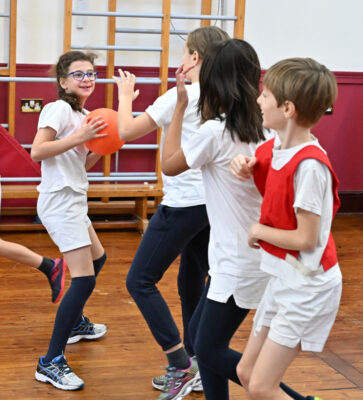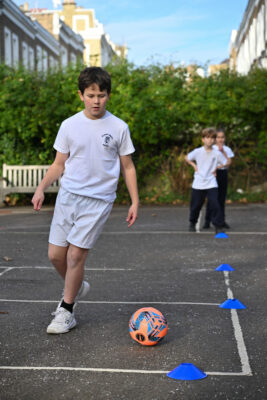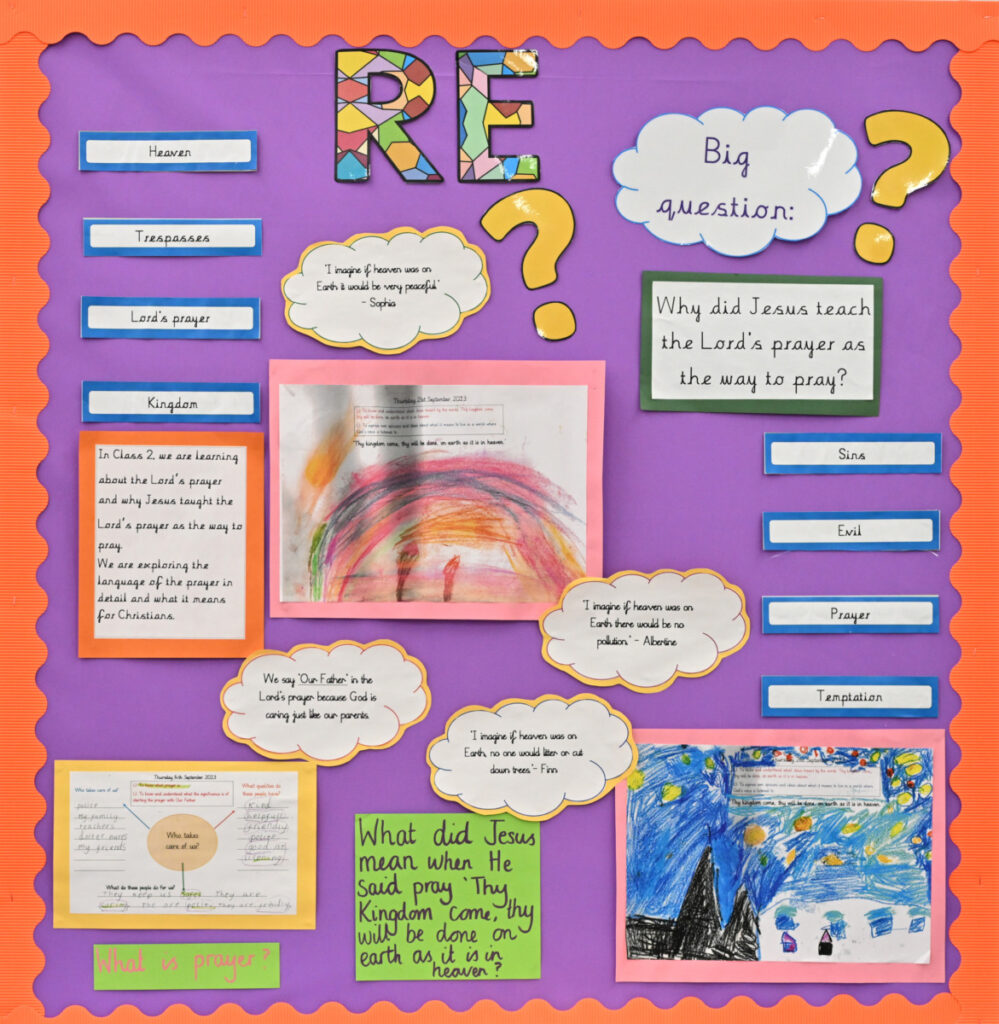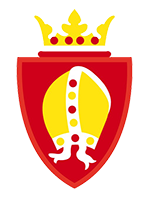Click on the tab to read our curriculum overviews at subject level, taught at St Mary Abbots school.
ENGLISH
Through our teaching of English, we aim to inspire a love for reading and writing. We aim to promote high standards of spoken language through the use of oracy throughout the curriculum.
In our English curriculum, we aim to develop both skills and knowledge within reading and writing. Our teaching of English is designed to intertwine with all other curriculum areas, and to enhance the learning. English is taught with a focus on engaging, high-quality and diverse texts, covering a range of genres. The texts are linked to topic areas with History and Geography, allowing a cross-curricular approach.
During lessons, children are guided on how to develop their oracy, extract key vocabulary and understand how to use the language in their own writing. In addition, within lessons children explore different writing genres and unpick how authors write for different audiences and purposes.
Children have regular extended writing opportunities to display the skills that they have acquired.
Destination Reader (KS2)
We use Destination Reader to teach reading. Destination Reader is a new approach to teaching reading in KS2. It involves daily sessions incorporating whole class modelling prior to the children applying these skills through partner work and independent reading. Children deepen their understanding of the texts they read through the systematic use of a series of strategies and language stems.
The approach encompasses the key principles of effective reading provision and fully meets the requirements of the National Curriculum. It also builds a culture of reading for pleasure and purpose. Destination Reader also helps to build a culture of reading for pleasure and purpose.
Phonics (KS1)
We use Read, Write Inc. to teach early reading. Read, Write Inc. is a phonics complete literacy programme, which helps all children learn to read fluently and at speed so they can focus on developing their skills in comprehension, vocabulary and spelling. The approach encompasses the key principles of effective reading provision and fully meets the requirements of the National Curriculum by creating deep understanding of texts, developing oracy around reading and increasing breadth of reading.
Handwriting and Spelling
We use Read, Write Inc. (RWI) to teach handwriting and spelling, building on from the phonics scheme. RWI Spelling is for children in Years 2 to 6 who can read accurately, with increasing speed. Although the teaching of phoneme-grapheme correspondence underpins this programme, it also develops children’s knowledge of word families, how suffixes impact upon root words, and provides mnemonics to remember the trickiest spellings.
The teaching revolves around instruction, partner and group practice, and competitive group challenges that help children commit new words to memory. The teaching of RWI Handwriting takes place during regular timetabled slots for to ensure that children build up their letter formation.
MATHS
In Mathematics, we follow the Maths – No Problem! Programme. Teaching maths for mastery is a transformational approach to maths teaching, which stems from high performing Asian nations such as Singapore. When taught to master maths, children develop their mathematical fluency without resorting to rote learning and are able to solve non-routine maths problems without having to memorise procedures.
The programme encompasses an evidence-based approach to teaching maths which helps pupils develop a deep, long-term and adaptable understanding. The programme reflects the skills and knowledge reflected in the English national curriculum.
Please click on the link to view Maths Curriculum overviews.
- Y1 – Maths Curriculum Overview
- Y2 – Maths Curriculum Overview
- Y3 – Maths Curriculum Overview
- Y4 – Maths Curriculum Overview
- Y5 – Maths Curriculum Overview
- Y6 – Maths Curriculum Overview
Reception – Maths Curriculum Overview
COMPUTING
In our teaching of Computing, we use Purple Mash. The Purple Mash Computing Scheme of Work is a comprehensive set of resources aligned to the National Curricula for Computing, Technology and Digital Competence. The Scheme of Work exposes children to a wide variety of digital tools, technological skills, and innovations and gives pupils the opportunity to apply their knowledge creatively and develop their skills.
SCIENCE
In Science, we follow the Cornerstones Curriculum. The science projects are sequenced to develop both children’s substantive and declarative knowledge. The sequencing of projects ensures that children have the substantive knowledge and vocabulary to comprehend subsequent projects fully. Each project’s place in the year has also been carefully considered.
For example, projects that involve growing plants or observing animals are positioned at a suitable time of year to give children the best possible opportunity to make first-hand observations. Throughout this science scheme, there is complete coverage of all national curriculum programmes of study.
TOPIC
In Geography, we follow the Cornerstones Curriculum. The geography projects are well sequenced to provide a coherent subject scheme that develops children’s geographical knowledge, skills and subject disciplines. Across the Key Stages, the term begins with essential skills and knowledge projects, which allow children to be introduced to, or revisit, critical geographical concepts, aspects, skills and knowledge.
As children progress up the school, projects include in-depth analysis of the characteristics of various regions, including environmental issues. Throughout this geography scheme, there is complete coverage of all national curriculum programmes of study.
In History, we follow the Cornerstones Curriculum. The history projects are well sequenced to provide a coherent subject scheme that develops children’s historical knowledge, skills and subject disciplines. Key aspects and concepts, such as chronology, cause and effect, similarity and difference, significance and hierarchy, are revisited throughout all projects and are developed over time. All projects also develop historical skills based on evidence and historical enquiry.
In Key State 1, children begin by looking at past experiences, including their family history and events within living memory. This builds up to the study of chronology and significance of prehistoric periods. As children progress up the school, they study more complex historical issues. Throughout the history scheme, there is complete coverage of all national curriculum programmes of study.
ART & DT
In Art & DT, we follow the Cornerstones Curriculum. The art and design projects are well sequenced to provide a coherent subject scheme that develops children’s skills and knowledge of visual elements, art forms, artists and art movements. The design and technology projects are well sequenced to provide a coherent subject scheme that develops children’s designing, planning, making and evaluating skills.
Throughout Key Stages 1 and 2, children build up their knowledge and understanding of the iterative design process. They design, make, test and evaluate their products to match specific design criteria and ensure they fit their purpose.
Throughout the Art and Design and Technology schemes, there is complete coverage of all national curriculum programmes of study.
PSHE/RSE
In PSHE we follow the Coram Life Education scheme. Children’s experience of Coram Life Education’s sessions is fun, engaging and memorable. Children have discussions and watch short films about healthy eating, legal and illegal drugs and their effects, the body and how it works, friendships and their influence, and how choices and behaviours can affect children’s health and education outcomes.
PE
In our teaching of Physical Education, we intend for pupils to develop healthy lifestyles, maintain a good level of fitness and enjoy and participate in sports.
In Key Stage 1, children are taught to master basic movements including running, jumping, throwing and catching, as well as developing balance, agility and co-ordination, and begin to apply these in a range of activities and participate in team games, developing simple tactics for attacking and defending perform dances using simple movement patterns.
In Key State 2, children are taught to: use running, jumping, throwing and catching in isolation and in combination play competitive games and apply basic principles suitable for attacking and defending develop flexibility, strength, technique, control and balance, and perform dances using a range of movement patterns.
Children take part in outdoor and adventurous activity challenges both individually and within a team during trips and whilst on School Journey in Year 6.
 |
 |
RE
In our teaching of Religious Education, we follow the RE curriculum overview (below). Units of learning are rooted in theological concepts and enquire into religions and worldviews through theology, philosophy and the human and social sciences. The intent of the syllabus is that all children become religiously literate, becoming critically engaged with texts and ask deep and meaningful questions.
The teaching of RE provides opportunities for children to develop empathy towards people of similar or differing religions or worldviews to their own.

Please click on the link to view LDBS Syllabus.
FRENCH
The children at SMA learn French so they can become confident and clear communicators who are willing to engage with other cultures and embrace the wider world with an open mind.
French is taught through the use of topics linked to games, stories, songs, rhymes and role plays. We ensure an integrated and age appropriate approach of the three pillars of language learning: vocabulary, phonics and grammar, meeting the expectations set in the National Curriculum.
The aim is for children to speak French happily, whether at home or abroad. Children are encouraged to use what they know effectively and creatively in order to make their meaning understood, as well as make friends and have fun!
MUSIC
In Music, we follow Model Music Curriculum standards and use a variety of programmes including ‘Groove’n’Play’ whole class instrumental programme. We are also a member of Music Mark; which ensures accessible and excellent musical learning and engagement to inspire and enrich the lives of all children.
Our learning is inclusive, enabling the children to play, perform, compose and enjoy music through enrichment of different musical forms and genres.
Lessons develop children’s sensitivity and musical understanding through an active involvement in four learning components: listening, performing, composing and improvising.
Children have opportunities to learn how to play a range of instruments as a part of whole class music instrumental lessons, such as djembe, recorder, ukulele and keyboard. We also offer individual in-school music lessons which are taught by peripatetic music teachers. These include tuition in piano, violin and trumpet.
We regularly participate in many musical experiences that are available via English National Opera, Royal Albert Hall and Tri-borough Music Hub, such as concerts, workshops, competitions and other performance opportunities.
RECEPTION
Reception class lays the foundations for a child’s primary education, encouraging them to foster a lifelong love of learning. We follow the Early Years Foundation Stage (EYFS) framework combined with other programmes (Maths No Problem, Cornerstones, Purple Mash and Coram Life Education) which aims to provide a broad and balanced curriculum.
Teaching in Reception is a mixture of directed teaching and child-initiated play, full of purposeful and exciting learning opportunities to engage all learners and promote a positive attitude towards education.
Reception – Maths Curriculum Overview
